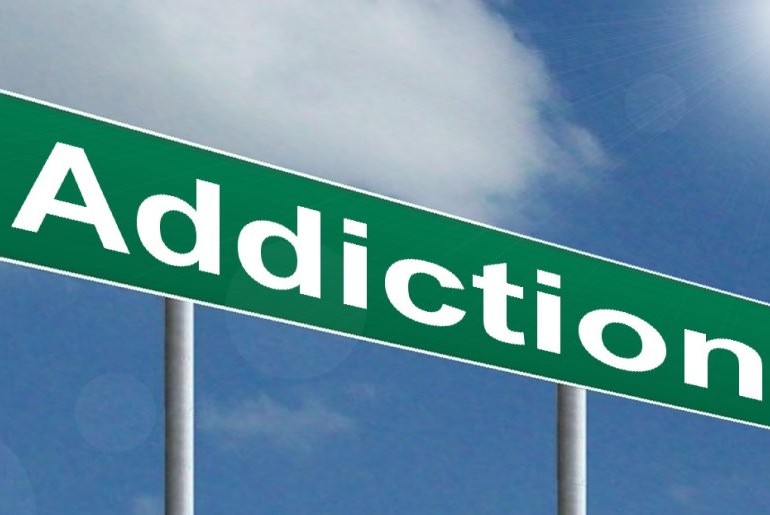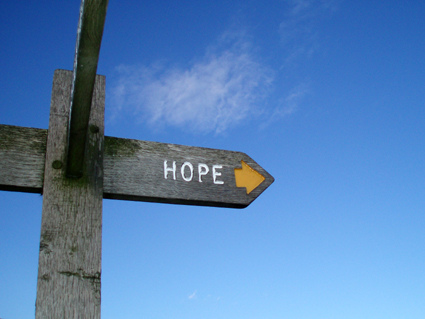Addiction can have a devastating consequence on lives, and dealing with it can be troubling and chaotic. Let’s face it, no one ever sets out to become an addict but these things can and do happen all the time. It can happen to people young and old, from all social classes regardless of their background and education. To understand why this can happen, first we must understand a little about addiction itself.
When you can no longer control your impulse to take a drug, drink or perform a certain activity such as gambling or even work you have an addiction. Addictions can be physical where your body requires the chemical it’s addicted to in order to function normally. They can also be physiological, which is a compulsion where you are emotionally dependent on performing the activity you are addicted to. Drug and alcohol users are often addicted both physically and psychologically, but both ways can be devastating and are actually similar in that they activate the same regions in the brain.
Treatment for physical dependency often begins with detox, which is the difficult process of letting the body naturally detoxify and the harmful chemical from the body. Over the space of days, months and weeks the body will begin to feel withdrawal symptoms from the drug. These can include physical symptoms such as nausea, cold sweats, palpitations and racing heart- as well as emotional and mental symptoms including depression, anxiety, restlessness and insomnia. Symptoms depends on the drug in question and will depend on how each person’s body processes them. This process often has to be closely monitored by professionals since physical detox can be dangerous in those with a physical dependency, and so if you’re suffering with addiction it’s always better to book into a rehab clinic than attempt to go cold turkey yourself. Alcohol and tranquilisers are some of the most dangerous substances to withdraw from– and can lead to seizures, strokes and heart attacks so always seek medical advice.
Once the body has been through the physical withdrawal process, rehabilitation to treat the non-physical side of the addiction can then begin. Simply detoxing doesn’t address the psychological problems that come along with addiction, and so for lasting results a therapy that addresses the emotional, behavioural and social side of things is needed. These methods are also used for those who suffer with non-physical addictions such a gambling, sex, food, shopping and exercise. This kind of treatment can take many forms- experiential therapy, cognitive behavioural therapy, hypnosis and group therapy to name a few. These types of treatments help to understand the root cause of the behaviour, and can also provide regular support to prevent relapse.
Recognising that you have an addiction is the first step. Don’t be ashamed, seek help in order to put things right. People with an addiction are much more likely to suffer mental health problems, go to prison, become physically ill and die premature deaths due to the strain it can put you under over a period of time. You could visit your GP, phone a helpline or book into a rehab clinic. Just make that first step, and the rest will follow.











Comments are closed.